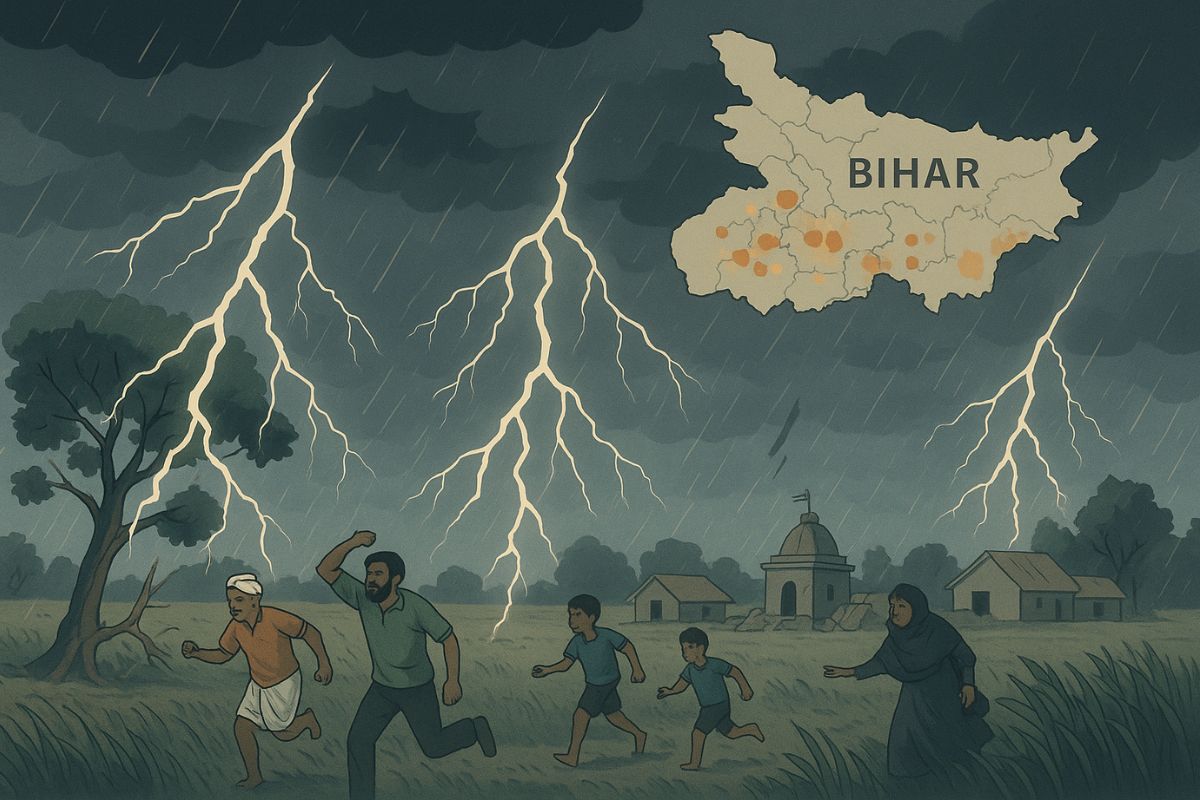Ground Report| News Desk| Thirty Indian cities including Jaipur, Amritsar, Kolkata, Mumbai, srinagar and Kozhikode will face increasing “water risks” in the next few decades according to a new report released by World Wide Fund for Nature (WWF).
According to the scenarios in the WWF Water Risk Filter, 100 cities that are expected to suffer the biggest rise in water risk by 2050 are home to 350 million people, and nationally and globally important economies.
Nearly 50 cities in China, and 30 in India, including Delhi, Jaipur, Indore, Amritsar, Pune, Srinagar, Kolkata, Bengaluru, Mumbai, Kozhikode and Vishakhapatnam, are such high-risk regions
WWF report said “India dominates both current and future lists of cities with the highest overall water risk”.
ALSO READ: 4 Pakistan cricketers who got married to an Indian
The report further suggests that the Smart Cities initiative in India could aid an integrated urban water management framework, multi-stakeholder engagement and ownership involving local communities will play a key role in creating and conserving a sustainable water infrastructure and rejuvenating urban freshwater systems.
“The future of India’s environment lies in its cities,” Dr Sejal Worah, Programme Director, WWF India, said. “As India rapidly urbanises, cities will be at the forefront both for India’s growth and for sustainability. For cities to break away from the current vicious loop of flooding and water scarcity, nature-based solutions like restoration of urban watersheds and wetlands could offer solutions”.
This is our chance to re-evolve and re-imagine what the future of the cities could be.”
Apart from this, private sector companies and financial institutions will also have a role to play working in tandem with cites.
Companies, cities, and investors – even ministries of finance, are finally waking up to the growing water risks facing the economy and the need to take urgent action to reduce their risks and tackle shared water challenges,” said Morgan.
“By harnessing the new scenarios in the Water Risk Filter, companies, cities and investors can better assess, respond and plan for climate and water resilience —helping to reduce water risks to their own operations as well as cities.”
You can connect with Ground Report on Facebook, Twitter and Whatsapp, and mail us at GReport2018@gmail.com to send us your suggestions and writeups









